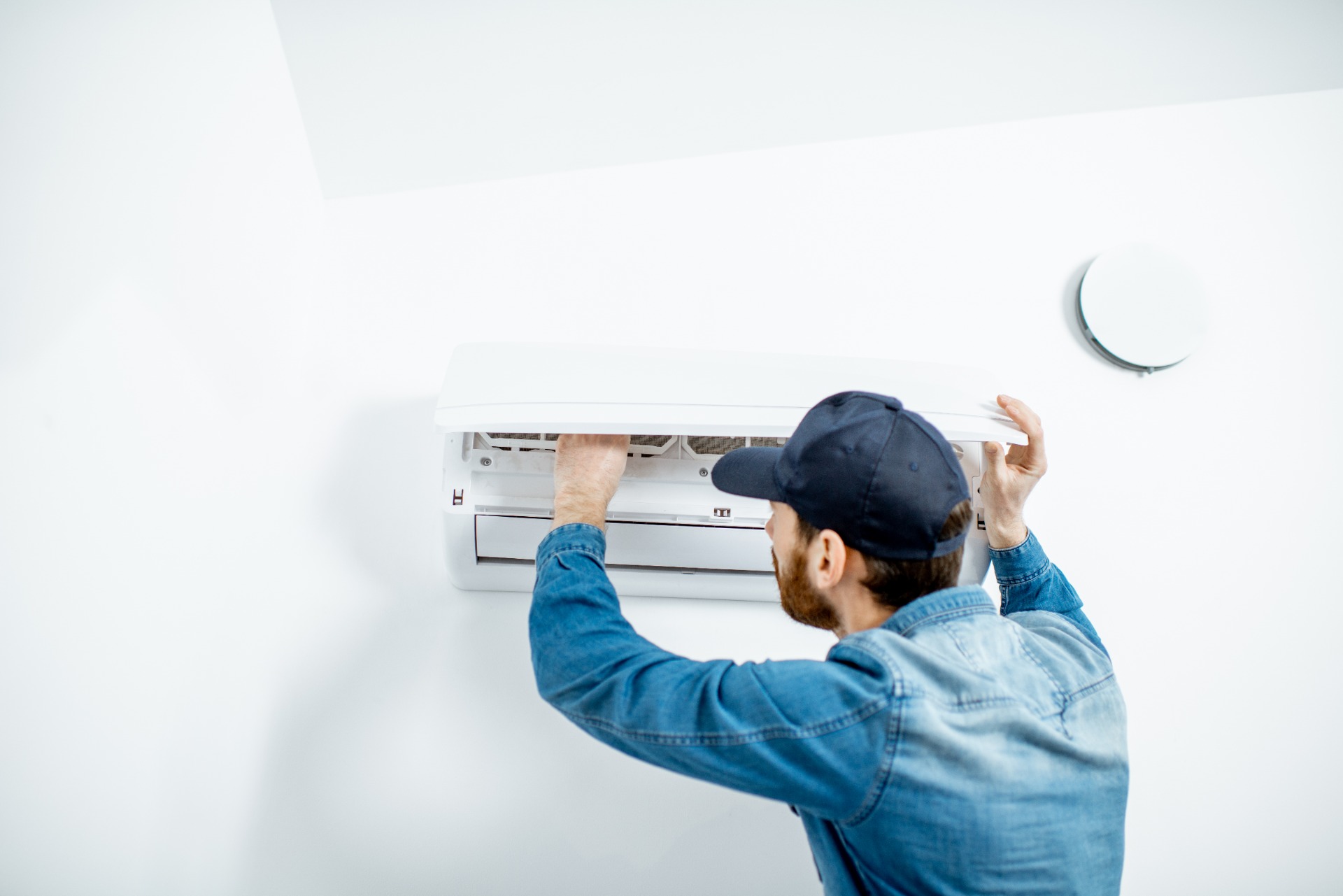Having an air conditioner in your home is very beneficial to beat the heat. Mix in a soft bed with soft pillows, and you have the epitome of comfort. AC units nowadays add to the comfort because they’re quiet, allowing you to fall into a deep, relaxing sleep.
Quiet AC units use sound-dampening technology and variable speed compressors, which keep noise levels below 55 decibels. If you hear noises from your AC, it’s a telltale sign that something’s wrong with it, and if you hear different noises, it’s much worse. The sooner you can determine what causes the noise, the sooner you can get it fixed.
This article will shed some light on the different types of noise that a malfunctioning AC can generate. Read on below to learn more.
Banging Noise
Most of the time, banging noises from an AC means that there’s a broken or loose part in the compressor, and it’s also an indication that your AC needs a compressor replacement altogether. It could be anything, such as a piston pin, connecting rod, or crankshaft. In some cases, the indoor blower is unbalanced.
Clanking Noise
Similar to banging noises, clanking noises are also a sign of out-of-balance or loose parts. The parts inside it have most likely failed, and the indoor blower or outdoor fan’s blades are out of balance, which hits other parts of the unit. If ignored, it can cause more significant problems.
Clicking Noise
A clicking noise is part of the system during start-up and shutdown, but it’s a problem if the noise is constant. Clicking noises are usually a sign of a defective thermostat or control buttons. An AC unit comprises electrical parts, so you have to keep an eye on possible electrical issues before they become a massive problem.
Buzzing Noise
The cause of a buzzing noise from your AC is too hard to tell because many things can cause it. These include:
- Loose parts
- The outdoor fan’s motor is either loose or failing
- There’s debris in the indoor or outdoor unit
- Fan blades are loose or out of balance
- The condenser coil has to be cleaned
- The copper lines running from the exterior to the interior are brushing up against something
- The air filter needs to be changed
- The refrigerant is leaking, which causes your AC to freeze up outside but not on the inside
- The blower is failing
Squeaking and Squealing Noise
Fan and blower noises like squeaks and squeals can be transmitted via the duct system. When indoor and outdoor fan motors squeal louder than usual, it simply means that they’re failing. In some units, this is normal, so try to find a noise that wasn’t previously there. If you do, then it’s most likely the issue.
Humming Noise
Humming noises from an AC unit generally isn’t bad, but it’s a sign that there’s something wrong with it. Loose refrigerant piping and parts cause vibrations, which can lead to worse maintenance issues if left unchecked.
Other times, the noises are often electrical problems. If your unit’s compressor hums but doesn’t start, then it’s either an issue with the motor or just loose wiring.
Screaming Noise
If your AC produces a high-pitched screaming or whistling noise, turn it off and call for repairs as soon as you can. This is most likely caused by a refrigerant leak, which poses a tremendous health risk to you apart from breaking your unit. It can also indicate high internal pressure, and the unit will sometimes turn off on its own.
You shouldn’t worry about this, though, since the automatic turning off of the unit means that its built-in sensor is doing its job of protecting you.
Chattering and Rattling Noise
Chattering and rattling noises can be considered the scariest type of noise among those listed here because it’s a clear sign that your unit is starting to deteriorate with parts loosening in the process.
Aside from that, it could be twigs or leaves that have clogged the unit. The electrical contractor can also cause this because it can damage other internal components if left unattended. It can also be the fan because it tends to rattle when it’s loose.
Your best course of action would be to check for loose screws or bolts and tighten them. You should also change the indoor air filter and clean the condenser coils.
Conclusion
Regardless of the type of noise made, it’s best to hire a professional who repairs ACs for a living. They have the tools and knowledge to diagnose your problem, which also helps you get back to using your AC without issues sooner. If all else fails, an AC unit replacement is the way to go.
Good Guys Home Services provides top-quality services for air conditioner repairs. We believe that at-home comfort is best achieved with an air conditioner, which is why our team of knowledgeable and experienced repair technicians will do everything they can to get your unit up and running as soon as possible. Contact us today to get a quote!
